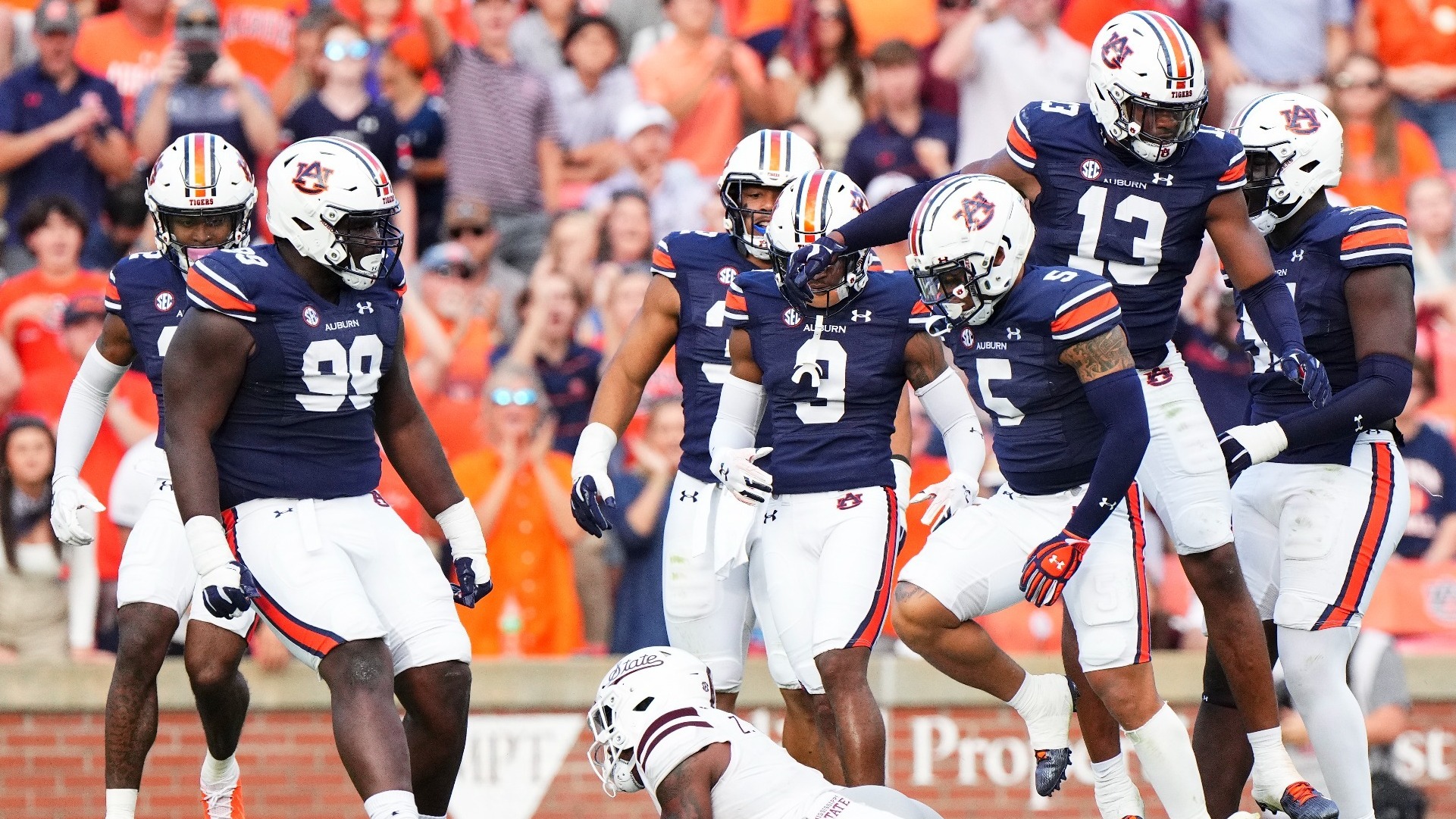Jeno James laughed when he told me the story. James was a highly recruited lineman out of Lanier High School in Montgomery in 1996. Though almost every program saw him as an offensive lineman, James wanted a chance to play defense. Auburn coaches told him he would have it.
On the day freshmen reported, they were in line to get their jersey numbers – offense in one line and defense in another. James was in the defensive line.

“When I got to the front, they told me I was in the wrong line,” James said. “I changed lines, and that was the end of me being a defensive lineman.”
James became a four-year starter from 1996-1999, a fixture at left tackle in his final three seasons. He was an All-SEC performer and played for seven seasons in the NFL. Clearly, James ended up in the best line for him.
But what if James had been represented by an agent who demanded that he played defense? Would that agent have understood – or cared – that James’ hopes for a professional football future were in playing offense?
I read a story today about a player who committed to Wisconsin. After he committed, he hired an agent who convinced him he wasn’t getting all he could. The player withdrew his public commitment to Wisconsin, finally saw through the agent’s own money grab, fired the agent and reaffirmed his commitment to Wisconsin.
Talk of anti-trust laws and the “labor” of young men who love the game might sound good. But what’s not seen is the dark underbelly of an out-of-control system. Operating in the shadows, so-called agents whose only real mission is to enrich themselves are preying on high school kids.
I heard an interview the other day with a former Ohio State player talking about driving an old car and sharing an apartment with three other players while he was in college. He went on to play in the NFL, but he said his college days were the best time of his life. If you have talked to many former players, you know most of them say the same thing.
NIL was billed as an opportunity for players to make spending money. It was never going to be that. And now we have a situation where agents, relatives and “student-athlete advocates” work hard to get their hands on some of the money flowing into and out of collectives. Judges and politicians, who don’t understand the realities of college athletics, pave the way for them to do that.
Being a judge does not make a person all-knowing. Being a politician, well, I won’t even go there.
The real question is who is really protecting teen-age athletes. You would hope it would be family, but that is not always the case. You would hope it would be high school coaches, but they are powerless to do anything more than offer advice. And on it goes.
When is the last time you heard anyone talk about academics? When is the last time you heard actual athletes complain instead of some person who has his own financial stake in the whole mess?
I wish I could propose some kind of answer to a problem that seems to grow worse by the day, but sadly, I don’t see an answer.
Leave a Reply